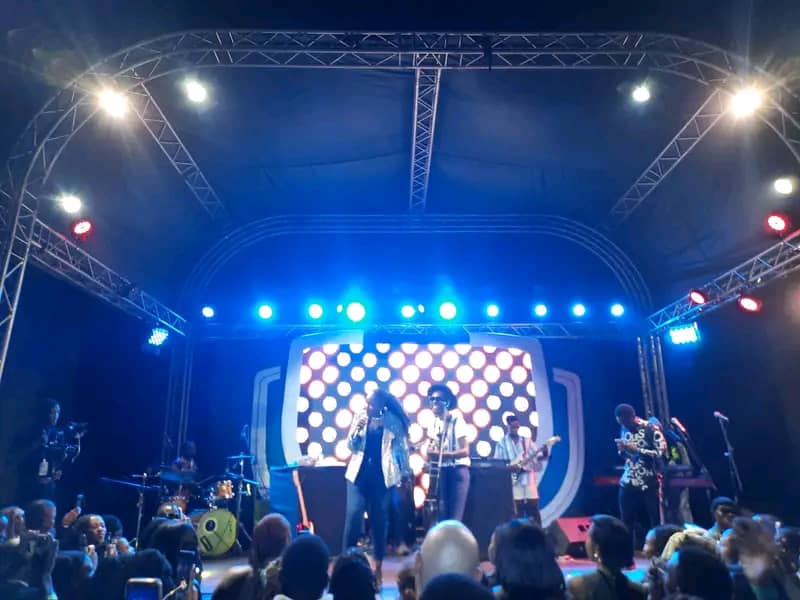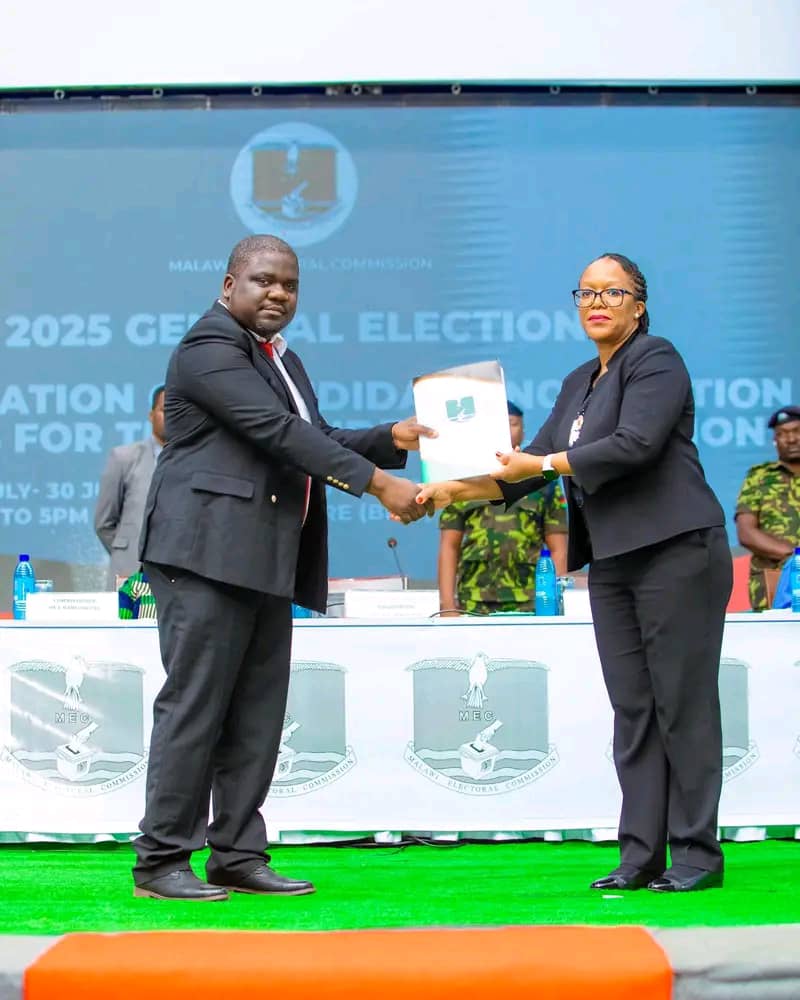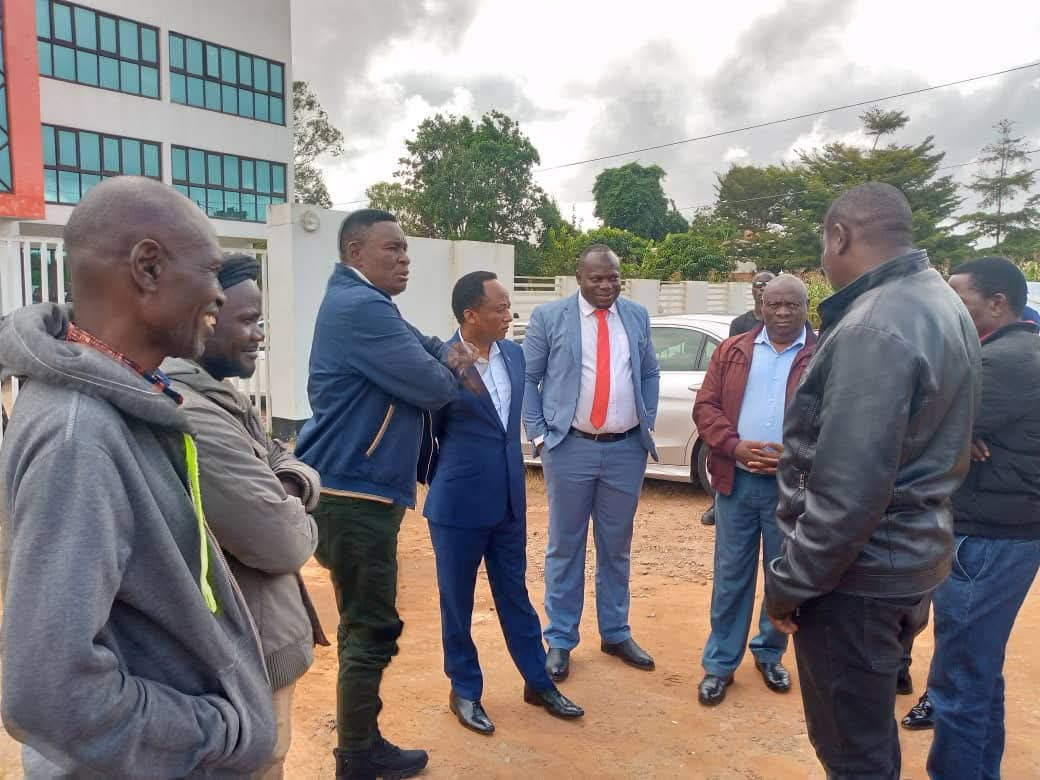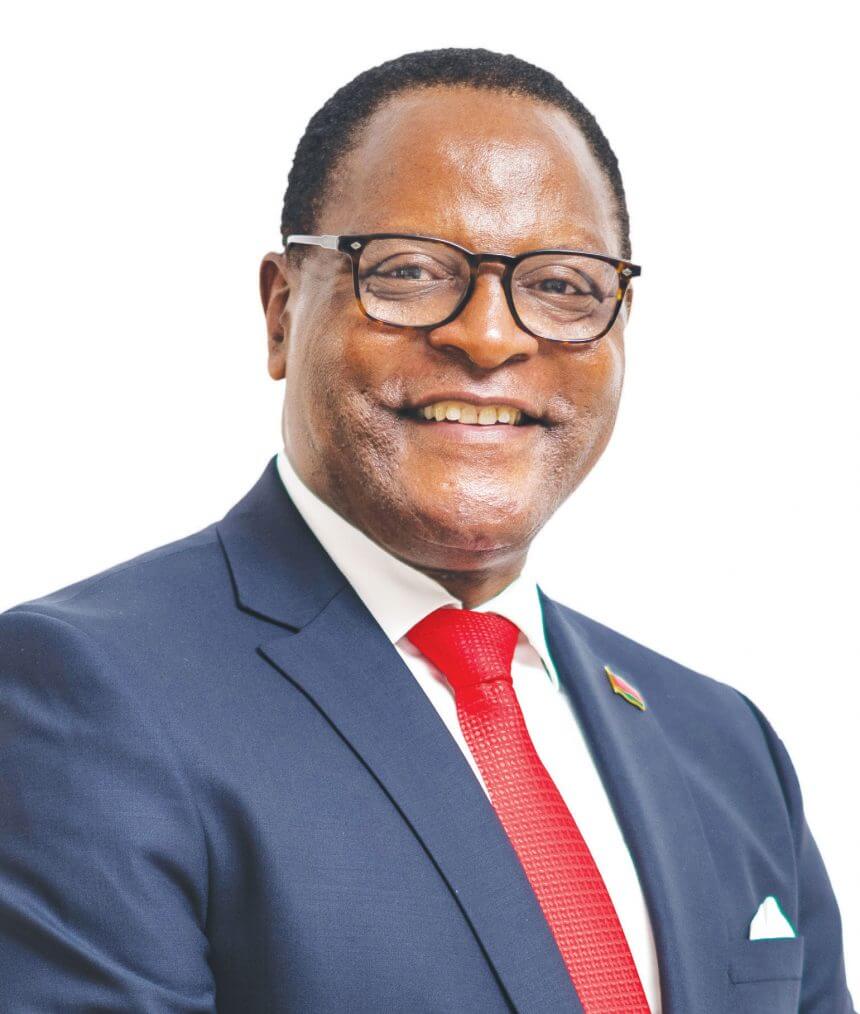By Burnett Munthali
During a live performance by renowned Malawian artist Lawi, an unexpected twist transformed an artistic celebration into a politically charged moment. After performing his iconic song “Therere,” Lawi paused and excitedly shared with the crowd that Minister Vera Kamtukule had a hidden singing talent, revealed to him through a WhatsApp voice note. Inviting her on stage, what unfolded was a rare intersection of music and politics, offering the audience a chance to see a government official in an entirely new light.
The duet between Lawi and Minister Kamtukule was an intriguing and unusual spectacle. Lawi’s masterful guitar skills, paired with Kamtukule’s heartfelt singing, merged two typically unrelated worlds: the rigid formalities of government and the free expression of the arts. For a brief moment, Kamtukule shed her political persona, presenting herself as an artist, a move that humanized her in the eyes of the audience. This performance marked a rare occasion where a politician stepped out of the boundaries of leadership and into the world of creative expression, captivating the audience with her unexpected talent.
Kamtukule used this platform to acknowledge the depth of Malawi’s artistic talent, emphasizing that the country’s creative industries, if fully harnessed, could contribute significantly to economic growth. Her remarks celebrated the richness of Malawian culture and urged for greater support for local artists. It was a positive message of national pride, unity, and potential, seemingly setting the stage for a harmonious evening of artistic celebration.
However, the atmosphere took a sharp turn when Kamtukule concluded her remarks with the statement, “This is the same government!” What was likely meant to reinforce national unity and pride instead ignited an undercurrent of political dissatisfaction. The crowd’s mood quickly soured as boos erupted, with some calling for her to step down. The celebratory tone of the evening dissipated, replaced by the audience’s frustration, which transcended the artistic context and delved into political discontent.
The reaction of the crowd highlighted the fragile relationship between the Malawian government and its citizens. The political frustrations that many Malawians feel, particularly regarding governance and unfulfilled promises, surfaced even in what was meant to be an artistic space. Kamtukule’s attempt to link her performance to a positive message about the government backfired, overshadowing her musical debut and the intended celebration of national talent.
This incident underscores the deep entanglement of art and politics in Malawi. While art is often seen as a unifying force, offering an escape from the harsh realities of governance, it is also a space where political discontent can easily surface. Public figures, especially politicians, are viewed through the lens of their political actions, even when they attempt to engage with audiences in non-political settings. Kamtukule’s musical performance was not seen in isolation but was heavily weighed down by her political identity.
Her closing statement, meant to reaffirm government progress, instead became a flashpoint for the audience’s pent-up frustrations. The boos and jeers were not a reaction to her singing, but to what she represented—a government that, in the eyes of many Malawians, had failed to meet expectations. The event became less about the art and more about the political climate, revealing how deeply intertwined public sentiment is with leadership.
The incident at Lawi’s performance serves as a cautionary tale for public figures attempting to step into different roles. While art can bridge gaps and humanize leaders, it can also serve as a platform for public dissent. In a country where political grievances run deep, any attempt to engage with the public—even in an artistic setting—can be fraught with challenges. The audience’s rejection of Kamtukule’s closing statement is a reminder that political discontent is pervasive and can spill into any arena, no matter how carefully curated.
Lawi’s performance, featuring Minister Vera Kamtukule, was a bold attempt to blend the arts with leadership. However, the evening’s unexpected political twist revealed the delicate balance between personal expression and political identity in Malawi. What began as a celebration of talent quickly evolved into a platform for public dissent, highlighting the complexities of the country’s political landscape. For both artists and public officials, this event underscored the reality that even in moments of artistic expression, the weight of political discontent is never far from the surface.




